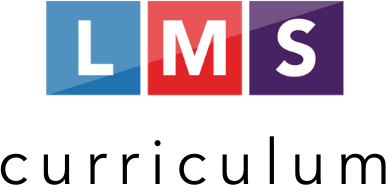furiosa
by Franny Choi

Photo by Graham Cotten
Writing Workshop
Workshop Title: furiosa
Step 1
Start by watching the embedded video. When it’s done, say, “When it’s done, discuss why you think the featured character is named ‘furiosa.’ What qualities does she possess that make her worthy of that name?”
Step 2
Read “furiosa” by Franny Choi. When you’re done, briefly discuss the poem and how the piece underscores the qualities of Furiosa.
Step 3
Say, “Think of another fictional character whose qualities/traits make them “iconic” to a certain group of people. Who is this character? What does this character represent on a larger scale? Take a few minutes to brainstorm.”
Step 4
Think of how you feel when you feel “furious.” What emotions do you harbor? Come up with as many specifics as you can.
Step 5
When the students are done, have them share their responses with one another.
Analytical Lesson
Area of Focus: Various
Step 1
This lesson allows students to analyze various concepts and skills, so it is recommended that you have covered several of the “standalone” lessons before assigning this one.
Step 2
Show your students the short featurette on Furiosa from Mad Max: Fury Road. When the clip is done, ask them about the qualities of the character that make her worthy of the moniker “Furiosa.” Briefly discuss.
Step 3
Read the poem “furiosa” by Franny Choi. While reading, ask your students to think about the parallels between the speaker in the poem and the character depicted in the featurette.
Step 4
Ask your students to open the following document and go over the instructions with them. In this assignment, your students are going to analyze the poem and create a movie trailer storyboard that captures the mood, tone, theme, etc. of the poem. Then give your students time to work.
Step 5
When your students are done, have them share their responses with the rest of the class.
Essay Materials
Lesson Details
Lesson Info
Focus
- Various
Themes
- Body / Body Image
- Community / Culture
- Creativity / Imagination / Writing
- Gender / Gender Identity / Gender Expression / Sexism
- Violence
- War
Literary Tags
- Diction
- Figurative Language
- Imagery
- Selection of Detail
- Sound Devices
- Tone
